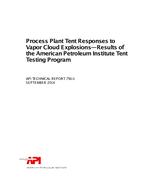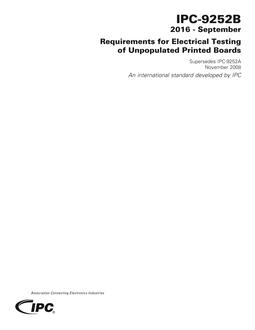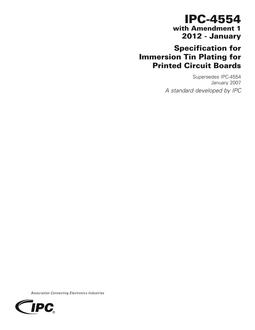
API TR 756-1 – Process Plant Tent Responses to Vapor Cloud Explosions – Results of the American Petroleum Institute Tent Testing Program, First Edition
Beginning in 2011, the American Petroleum Institute (API) to performed vapor cloud explosion (VCE) tests to determine the response of tents to the potential explosion hazards that may be present at refineries, petrochemical and chemical operations, natural gas and other onshore process facilities covered by OSHA 29 CFR 1910.119. The testing was conducted to provide data for use by the API committee developing API Recommended Practice (RP) 756, “Management of Hazards Associated with Location of Process Plant Tents”. This publication, TR 756-1, contains information on the results of the API tent testing program.
For this program, a Deflagration Load Generator (DLG) test rig was used for these tests. The test rig measured 48 ft. long by 24 ft. deep by 12 ft. tall and had three rigid walls, a rigid roof and floor, and one open wall facing the structure being tested. The test rig is filled with a propane/air mixture and ignited, causing a VCE.
The tests were originally designed to serve multiple purposes:
- Provide data on response of tents to a variety of blast loads ranging from 0.6 to 1.5 psi,
- Identify the failure modes for different types of tents, and
- Obtain data on tent response to support estimates on the vulnerability of tent occupants.
During the project the specific test environment was controlled through selection of fuel concentration, obstacle geometry, and the distance between the test article and the VCE test rig. The tests were deflagrations with moderate flame speeds such that the wave shape of the blast load would include a rise time to the peak pressure. This type of VCE is representative of typical accidental VCEs at industrial facilities.
In addition, the VCE deflagrations were set to vent outside the test rig, toward the test articles and the tents were placed at a sufficient range from the test rig such that three test articles could be tested simultaneously on each shot. The test rig was also configured such that the blast loading on the tent could be changed by varying the fuel concentration rather than relocating the test articles.
Product Details
- Edition:
- 1st
- Published:
- 09/01/2014
- Number of Pages:
- 597
- File Size:
- 1 file , 55 MB
- Product Code(s):
- C756101, C756101, C756101
- Note:
- This product is unavailable in Russia, Cuba, Syria, North Korea, Ukraine, Belarus, Iran




